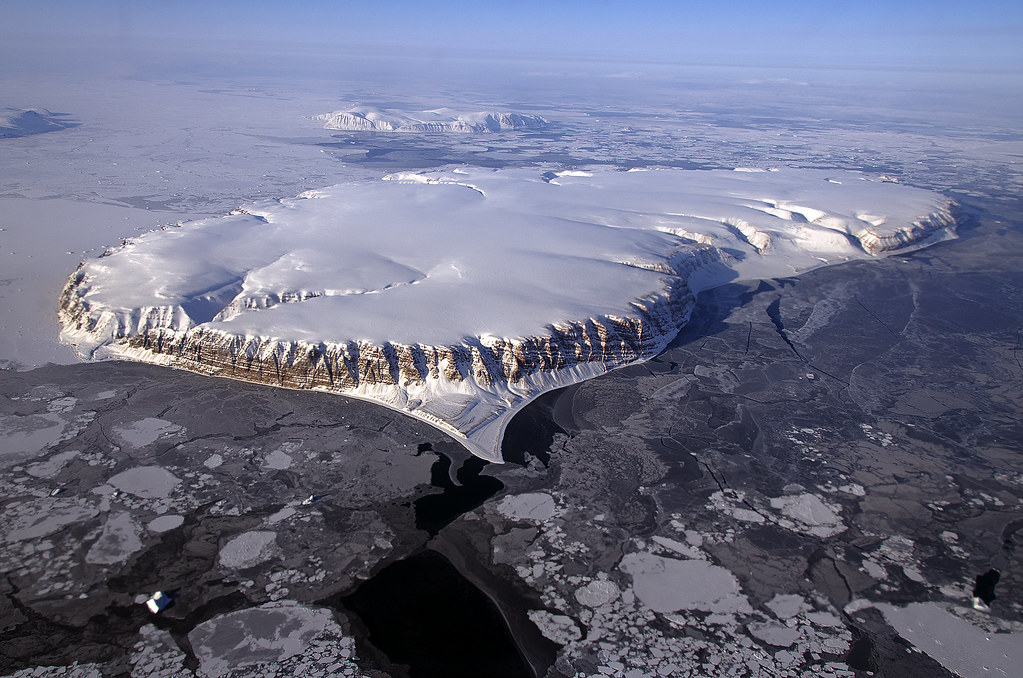Context:
A recent study revealed the factors contributing to a notable hindrance in Antarctic ice expansion and ice retreat ahead of the annual ice maximum in 2023.
Key Findings of Study

- This collaborative study led by the National Centre for Polar and Ocean Research, along with the British Antarctic Survey, United Kingdom.
- In light of global warming, the Arctic has seen a notable decline in sea ice over the last decade, while the Antarctic initially experienced modest growth until 2015 followed by a sudden decline since 2016.
- From 2016 to 2023, the Antarctic witnessed extremely low sea ice levels during each summer, with an unprecedented slowdown in ice expansion or retreat in 2023.
- It indicates that excessive upper-ocean heat played a role in limiting ice expansion in 2023, but changes in atmospheric circulation were also significant.
- Alterations in wind patterns, such as the deepening of the Amundsen Sea Low and its eastward shift, led to strong northerly winds across the Weddell Sea.
- These northerly winds induced unprecedented atmospheric warming, pushing the ice edge to remain southward from its usual position.
- In the Ross Sea, rapid fluctuations in ice extent were primarily attributed to the strengthening of an atmospheric block, resulting in powerful northerly winds off the Ross Ice Shelf.
- The combination of exceptional ocean-atmospheric warming, changes in wind patterns, heat fluxes, extreme winds, and high ocean waves associated with polar cyclones contributed to the record-low ice conditions in Antarctica.
- Cyclones, in particular, triggered episodes of unusually slow ice expansion or retreat.
- However, due to the relatively short satellite observation records (approximately 45 years), it’s challenging to determine whether the recent decrease in ice extent and current reduction in ice growth is part of a long-term decline.
- The influence of anthropogenic factors cannot be overlooked in triggering such anomalous events.
About NCPOR
- The National Centre for Polar and Ocean Research (NCPOR), under the Ministry of Earth Sciences.
- It is a premier research and development institution responsible for the country’s research activities in the polar and ocean sciences.
- NCPOR’s mandate is multi-dimensional, encompassing:
- Leadership in niche scientific research areas in polar and ocean sciences.
- Leading Geoscientific Surveys of the country’s EEZ and extended continental shelf, deep-sea drilling in the Arabian Sea basin via IODP, and exploration for ocean non-living resources like gas hydrates and multi-metal sulphides in mid-ocean ridges.
- Facilitating scientific research activities of national institutions and organizations in Antarctica, the Arctic, and the Indian Ocean sector of the Southern Ocean.
- Managing scientific and logistics activities for Annual Indian Expeditions to the Antarctic, Arctic, and Southern Ocean.
- Managing and maintaining Indian Antarctic Research Bases “Maitri” and “Bharati”, and the Indian Arctic base “Himadri”.
- Overseeing the Ministry’s research vessel ORV Sagar Kanya and other chartered research vessels.

